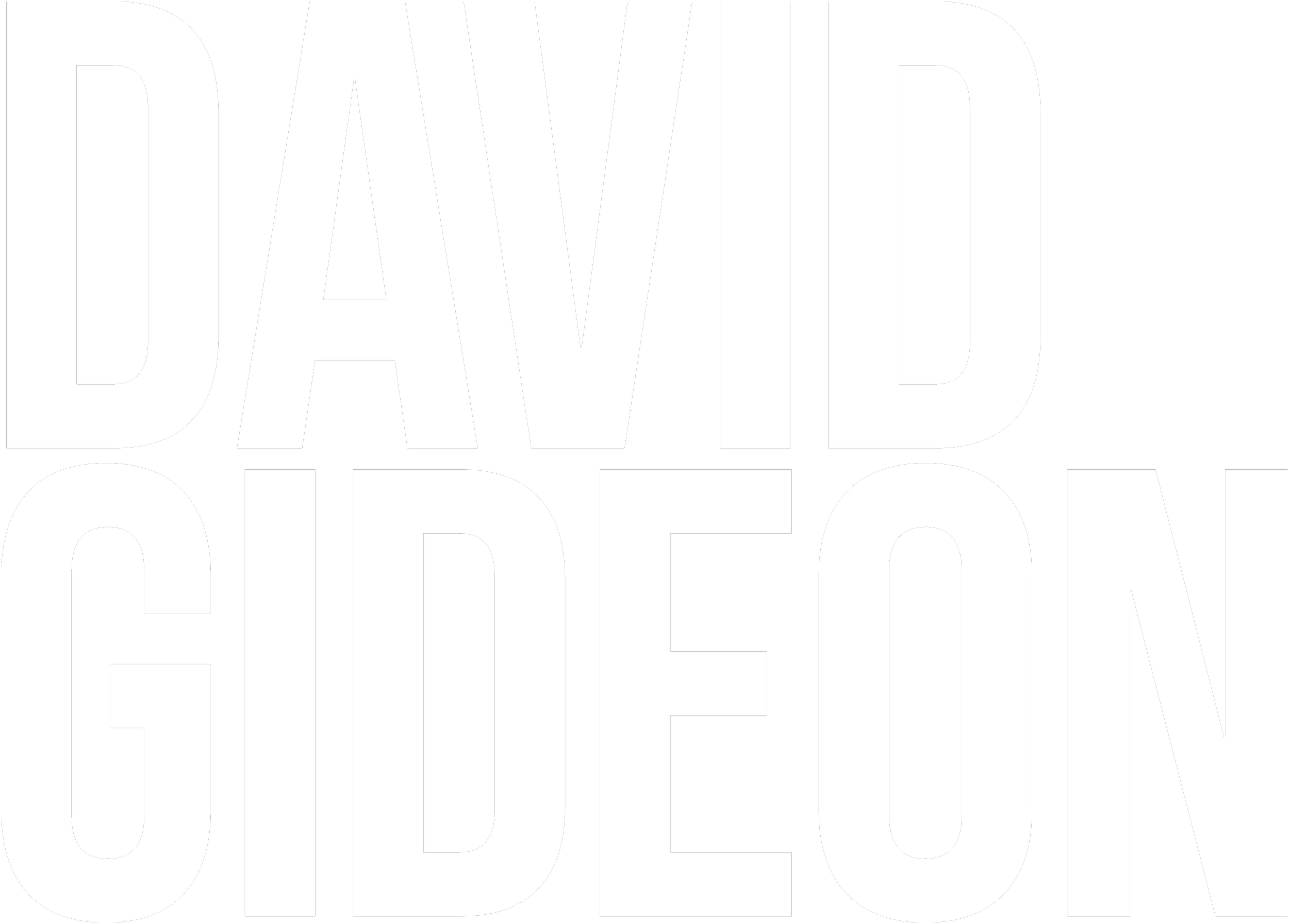A new film is being promoted. In the advance publicity there is much talk about how committed one of the lead actors is in creating his/her role. This actor already has a proven performance history (and 1 Academy Award), and I have liked much of his/her work. But now the publicity is how s/he has taken “Method Acting to a whole new level”. S/he is playing an evil person; a true “bad guy”, and has been terrorizing the rest of the cast by staying in character even when not filming or even being on the set.
Other cast members report receiving anonymous threats in their dressing rooms and even at home. Sometimes these threats have been silent phone calls, and at other times there have been scary tokens delivered. I don’t think this has gone as far as waking up to finding a severed horse’s head in your bed, but there have been reports of a box of bullets being delivered. Some of these even had the recipient’s name written on them. The list of tactics goes on and gets more disgusting. Some of these are so terrible that I don’t see the need to report the details here. All of this in the name of “creating reality “; not only for him/herself, but also for the other cast members.
I am willing to accept the reports of this approach to film acting if an actor wants to 1. try to seem believable and “real”, 2. doesn’t know of any other way to achieve this, and 3. has no understanding (and little, if any, substantive training) of true Method Acting. In other words, little in the way of craft. What I am not willing to accept is his/her foisting this lack of craft on other actors. This is particularly true in this case in which actual threats in substantive forms are delivered. Aside from anything else it shows a complete disrespect for the other actors’ craft and abilities. It is not up to any of us to try to get responses from other actors except while playing the scene.
If the actor in question were not already an established star, I can’t imagine that this behavior would be tolerated by anyone. Even when an actor’s training leaves him/her falling short of the demands of a role, it is usually between that actor and his/her director to find a way to capture the moment. It is what Elia Kazan referred to as “‘I will kill your dog’ directing”.
I remember a time between takes on a film in which I was playing a senior partner in a law firm. The actor playing opposite me recognized my name as that of a teacher in New York City and wanted to prove to me that he had a “better way” of going about things than I did. He told me that he “would be sending black darts to my heart chakra” once the director called “action”. Although I thought it was unnecessary for him to tell me what he was going to do, it didn’t affect me because he wasn’t doing anything outside of the scene (come to think of it, he didn’t do much in the scene either).
I want to be very clear on all of this. The distortions contained in the star actor’s efforts as to what is or isn’t Method Acting is two-fold. Firstly, if you have trained and know your skills there is no need to try to keep it going while off set. Use it when you need it; once the director calls “action”. Secondly, pursue your character’s objectives in a scene, but don’t try to get the performance you want from the rest of the cast. That’s not your job. it is manipulative, unwarranted, and unwanted.
In film acting the result is what matters and the means of achieving it don’t seem as critical as when working in the theatre. That is why I, and many other knowledgeable people, can enjoy what we see on-screen but decry the way an actor accomplished getting there. It has been said that “a film star is an actor who sells tickets”. With that in mind, perhaps all of the stories that surround an actor’s work are nothing more than another approach to the same end – public relations.
When I was in my early twenties there was a lot of publicity surrounding the movie “Bullitt” starring Steve McQueen. The story was that he did all of his own driving in the chase scenes through the streets of San Francisco. I couldn’t wait to see the film. I had the chance to talk with the movie’s producer, Philip D’Antoni. When I shared with him how excited I was to see Steve McQueen’s chase scenes he started to laugh. He said, “20% of my total budget went to his salary. He wasn’t allowed to get a hangnail while working for me. But that story sure sells tickets, doesn’t it”?
Maybe that’s the case here. Maybe the actor in question isn’t trying to terrorize the rest of the cast in his/her quest for a performance. Maybe s/he knows this really isn’t Method Acting. Maybe it’s all just to sell tickets. We can hope – can’t we?
